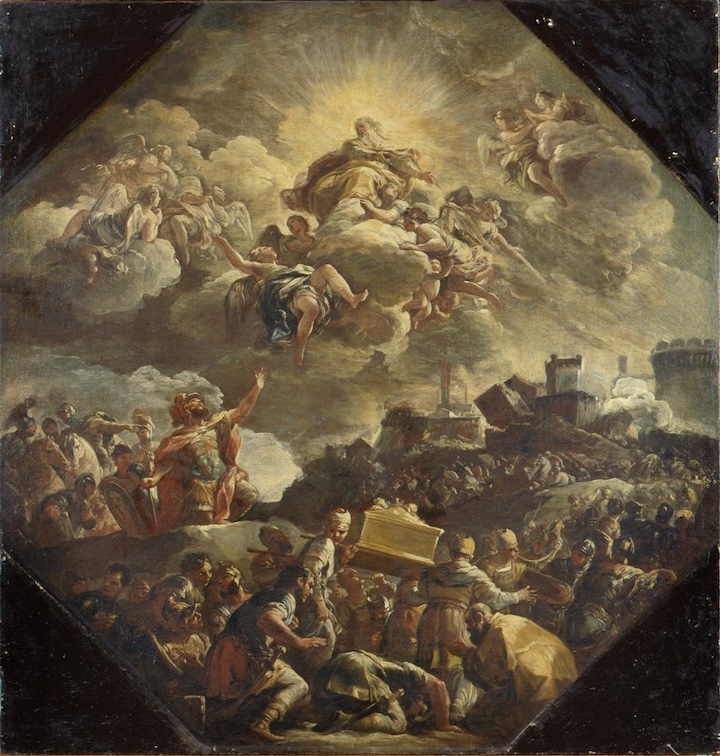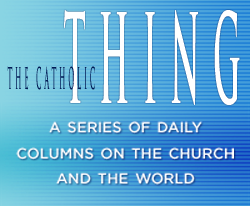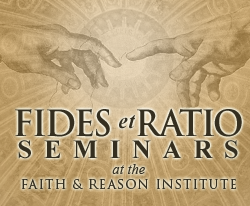History, Sacred and Not
Today is “Dante Day,” according to someone, somewhere. (It’s also – who knows how? – National Napping Day, National Immune System Day, and a dozen other such profane observances now jostling the liturgical calendar.) It’s good to honor the greatest Catholic poet, of course, arguably the greatest poet period. We’ve done our part at TCT: You can click here for our online courses on Dante’s Divine Comedy. But today is also the Fourth Monday of Lent, the minor feasts of St. Aengus and St. Constantine (co-incidentally, the first night of Ramadan), which are of far different and infinitely greater import.
As “everything solid melts into air,” as Marx put it, human beings instinctively reach for something stable amid the flux – especially in times like these, when time itself seems to have sped up, and on a bad road. Remembering and seeking to live in continuity with the past is not “backwardism” or “rigidity.” It’s the sane human recognition that we come from somewhere. And are going somewhere.
Unlike most religious and philosophical systems, Christianity, like Judaism before it, recognizes that God works in history, which is to say, time and space – that time and space are, therefore, fundamentally sacred, not secular. A stumbling block to many because it means that a tiny Middle Eastern tribe – contrary to reasonable expectations – was the temporal vehicle for God’s revelations to the world. An absurdity to ancient pagans. And to pagans now.
Despite the historical record – that the Church, God’s faithful people, converted the mighty Roman Empire and spread around the entire globe – the reality of sacred history looks nonsensical to many who regard themselves as rational and enlightened. But how else do we explain the spread of the Faith by humble figures – fishermen, tax collectors, tent-makers – which Aquinas suggested may be the greatest of miracles?



